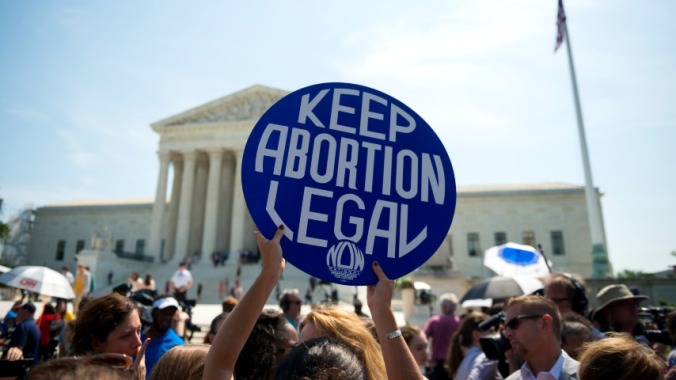Missouri Votes to Overturn Abortion Ban, But No Clinics Remain in the State
It's the first state where voters moved to undo an active abortion ban, but there's a long road ahead until abortions can resume.
Photo: iStockphoto AbortionPolitics 2024 Election
Missouri voters passed a pro-choice ballot measure on Tuesday night, becoming the first state since the Dobbs decision to vote to overturn a near-total abortion ban. Amendment 3 was one of 10 abortion-related statewide initiatives on the ballot this election. As of 11:30 p.m. ET, the vote tally was 54% yes to 46% no, according to the Associated Press.
Amendment 3 codifies the right to abortion until fetal viability in the state constitution, and could lead to the restoration of abortion access in a state where the procedure is banned in almost all circumstances—the operative word being could. It takes effect in 30 days, then the next phase of the battle begins: implementation of the amendment, including lawsuits to officially overturn the 2022 ban, and working to get the state’s last abortion clinic licensed and back up and running.
Following a flood of restrictions, the state was down to just one clinic in 2019: Planned Parenthood of St. Louis. If that clinic wants to provide abortions again, it must either have a doctor with (unnecessary) admitting privileges at a local hospital, or have advocates sue to have that law struck down under the amendment. These disputes will ultimately land at the state Supreme Court.
-

-

-

-

-

-

-

-

-

-

-

-

-

-

-

-

-

-

-

-

-

-

-

-

-

-

-

-

-

-

-

-

-

-

-

-

-

-

-

-








































